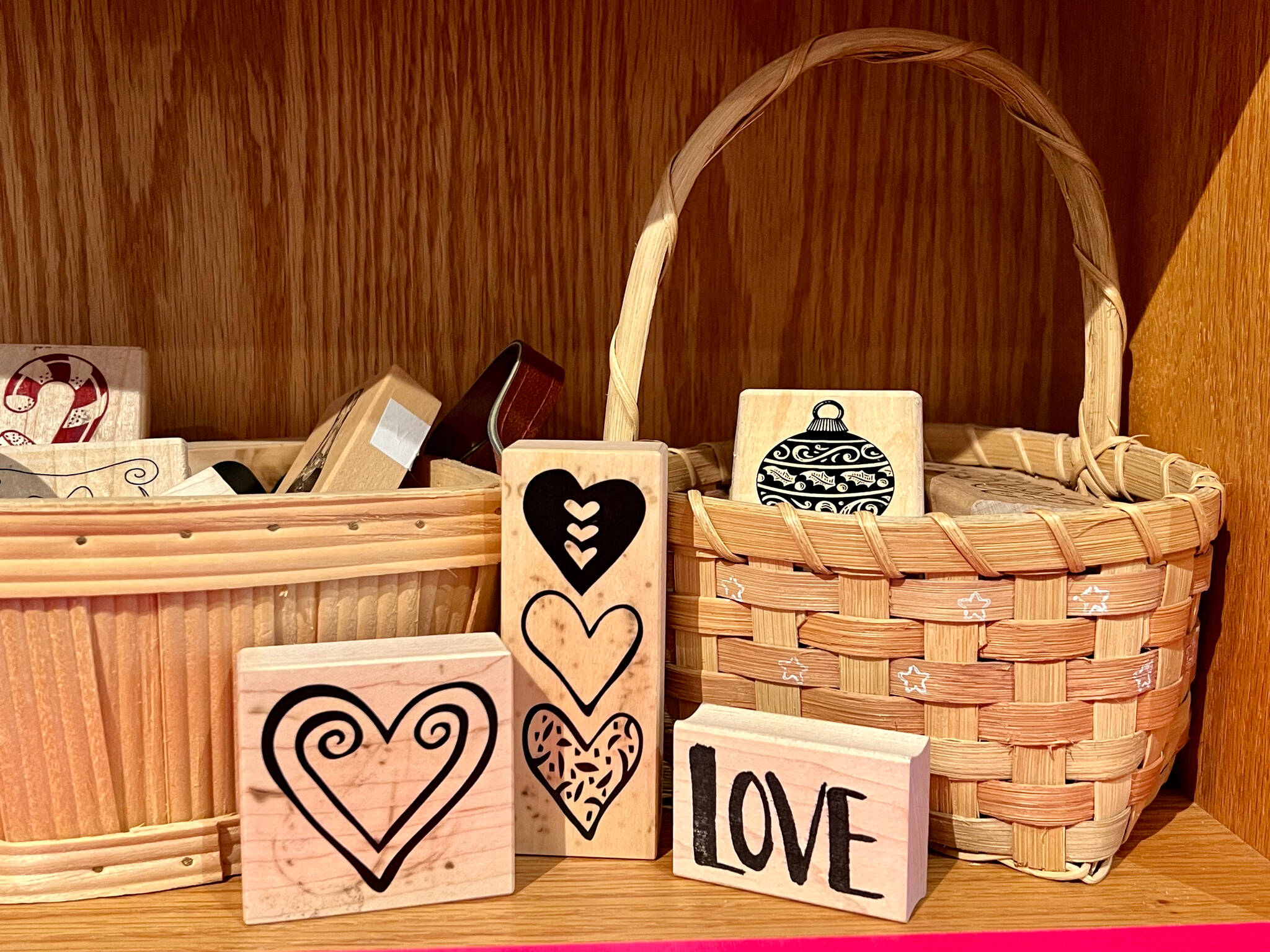All the stuff that doesn’t sell at the huge Rotary Auction doesn’t go to waste.
Not on Bainbridge Island.
A group of harvesters moves in after the crowds have gone and take on the task of re-purposing, re-homing and recycling the tons of items that don’t sell.
With the goal of keeping usable items from going to the landfill, the harvester program was created with the idea of giving to give nonprofits the opportunity to take unsold items to help their programs.
Rotary Auction chairperson Rosemary Shaw said the harvester program was created years ago and has grown to also include businesses and individuals.
“This year, Rotary had over fifty harvesters” who were interested in items including; commercial flower vases; art supplies, partially used candles; bikes; backpacks; classroom supplies; skis and more.
Shaw said harvesters register in advance and identify what they want. Participants were asked to identify the items they wanted, so Rotary volunteers could set them aside. On sale day, they arrived at Woodward Middle School when the sale ended at 2 p.m., received their name badge and were free to collect unsold items.
One harvester, Little Island Crafts, participated for the second time to rescue yarn, knitting needles and rubber stamps that they sell in their shop on Winslow Way. Co-owner Rachel Ringdahl said she and her sister, Rebecca Miller, are, “Trying to serve the creative needs of our community.”
They opened their shop five years ago after helping their father deal with their mother’s craft room. “We had more things than either of us could possibly use, and we wanted to contribute to the community.” So, they reached out on Facebook and asked what would best foster creativity on the island. And the response was, “What we really want is a craft store,” Ringdahl said.
The sisters sell the items they pick up at a low cost with tax included, which means that anybody can rummage through the colorful mounds of yarn and easily get a ball for $1 and a pair of knitting needles for $2, and get started on a project.
“So, it not only provides a very economic resource for people on the island, weaver’s love to come through and pick some of these to create some really fun textures,” Ringdahl said. “It’s an economic option for people to explore their crafty side, and it keeps it out of the landfill. So I think it’s a win, win for everybody.”
If you don’t know what to do with unused crafting supplies, Ringdahl does accept donations of knitting needles, crochet hooks, yarn and rubber stamps, and also suggests donating crafting items to the Scrappy Art Lab in Winslow.
Another enthusiastic harvester, Nena Peltin, who volunteered for the 2022 Rotary Auction and Rummage Sale, saw a huge opportunity when she learned about the program. “I read the news, and it breaks my heart, and I wanted to help the Ukrainians and to meet people on the island.”
During her volunteer days as the salad bar coordinator, Peltin organized a harvesting operation to benefit about 200 Ukrainian refugee families who have settled in south King County. These families are headed by mothers with an average of six children who recently immigrated to Washington with no personal possessions.
Peltin contacted the Ukrainian Association of WA and offered to fill a truck with things for the new refugees. Once word spread about her cause, people helped her harvest items to help the Ukrainian mothers including; dishes, cookware, small appliances, linens, women’s and children’s clothing, baby clothes and collapsable bookshelves.
“We filled about 75 big thick plastic bags of stuff for them.” Bainbridge Prepares coordinated with Rotary and offered to deliver the items to a warehouse in Renton.
They even found 40 pairs of hiking boots to send to Ukrainian soldiers who didn’t have military boots.
Pelton joined Rotary to help people because it’s in her DNA.
In 1938, her father came to America from Vienna, Austria, on a boat with $13 in his pocket and the clothes on his back. It was difficult for him to assimilate into American culture. but, once established, he became part of a social action committee and helped a Vietnamese family adjust to life in the U.S. by visiting them each week and giving them $10 to help them get by.
“The thing that makes a difference in my life is doing things for other people,” said Peltin and stressed, “This was the doing of Bainbridge Island, the residents of the island did this.”



